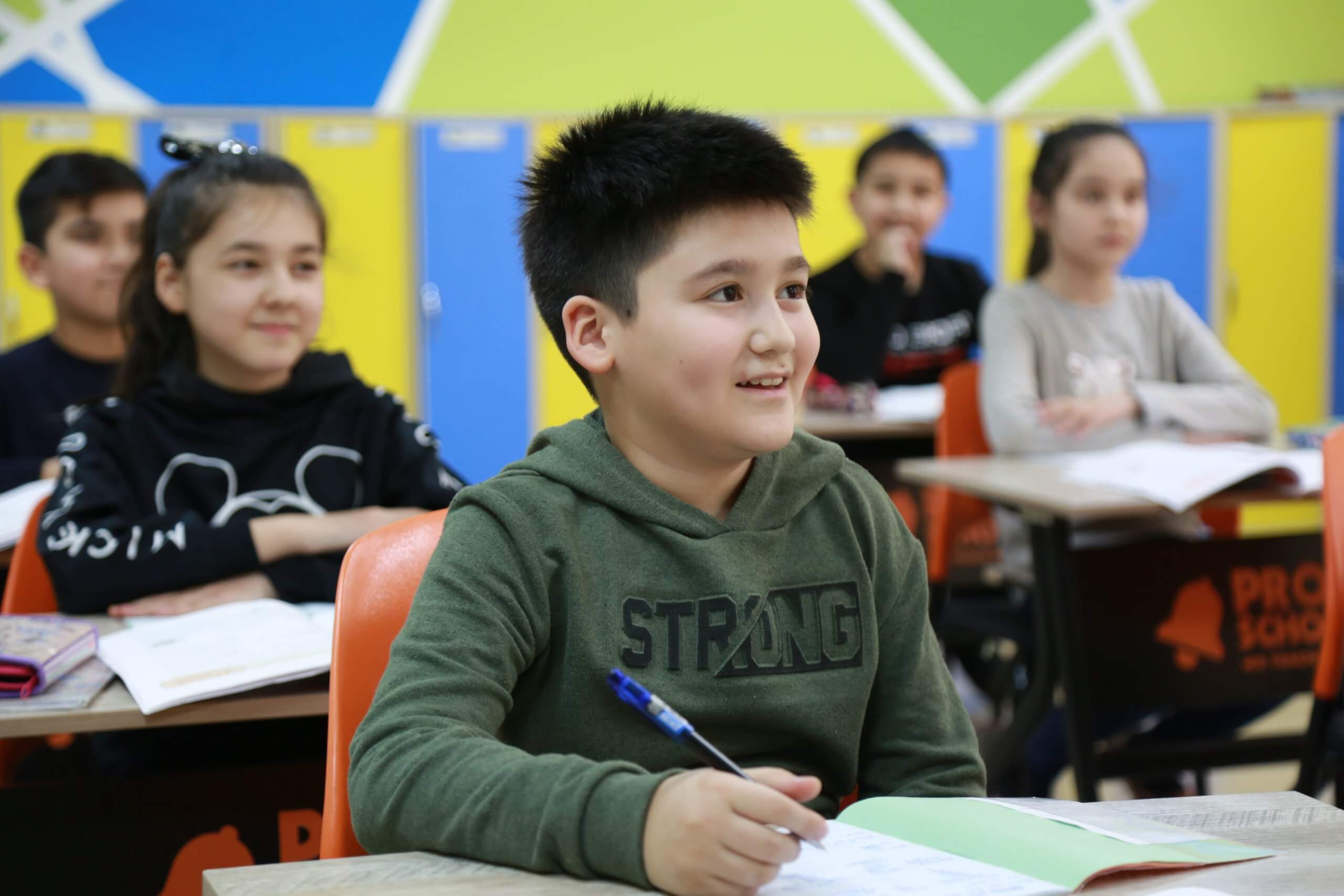What distinguishes our unique executive functioning skills program from traditional tutoring companies is our focus on impression management in addition to organization, time management, and study skills. Impression management is the process by which people control how they are perceived by others. For students, this typically means teachers, parents, and peers. However, this circle of influence expands as students grow older. As the circle expands, so does the importance of top-notch impression management skills. Dimensions of impression management include confidence, self-efficacy, etiquette, self-awareness, social awareness, and emotional regulation. Today, we focus on one of the most foundational components of impression management: self-awareness.
Self-awareness is critical because it makes all of the other dimensions of impression management possible. Without self-awareness, it can be challenging to pinpoint strengths and weaknesses, choose the right opportunities, and create systems to hedge against blindspots. It’s all too easy to see the blindspots of someone else, whether it be friends, family members, or some blissfully obnoxious fellow traveler at the airport. As human beings, we naturally spot and categorize; it is the lens through which we understand the world. However, it’s not so easy to turn that lens onto ourselves. Ego is a major reason for the difficultly with self-awareness, but so is another ubiquitous quality of our world: noise. Students, like most people, don’t take the time to reflect because there’s so much noise around them, real and metaphorical.
Therefore, the primary step to developing self-awareness is to inject some much-needed reflection into our day-to-day lives. For students, in particular, reflection is vital. Students frequently complain of feeling helpless or bogged down by the challenges placed in front of them. They complain about the challenge rather than tweaking their approach. This is where self-awareness comes into play. For instance, on the first day of class, if two students lament their teacher’s unceasing monotone and its effects on their ability to pay attention, their approach should not be identical. First, these students should consider their strengths and weaknesses. They should reflect on how their learning styles, subject interests, and social preferences relate to this problem before attempting to resolve it. Student A might favor switching classes to find a more dynamic teacher because, after all, he has no interest in the subject matter and the monotone machine certainly isn’t going to fix it. On the other hand, Student B might consider sticking it out and using her curious, extroverted personality to liven up the classroom with questions. After all, she loves the subject and can find a way to make it fun, despite the early challenges.
This is just one scenario of many in which self-awareness is the essential tool. Both inside and outside the classroom, self-awareness shapes how we respond to challenges, opportunities, and social dynamics. Although this post is not about social awareness, a different skill, it is crucial to note that self-awareness comes first. This is not a chicken and the egg scenario. It’s linear. First, students must build self-awareness, then they can master social dynamics, etiquette, self-advocacy, and all other dimensions of impression management. So, how exactly can you help your student build self-awareness?
Ask Questions (and Listen)
As parents and support professionals, the temptation to tell a student who they are is alluring, but it’s also very damaging. Our goal is to build the scaffolding, not the building. The scaffolding helps them do the work, but we don’t need to pick a hammer. That will backfire. One of the best ways to help your child build self-awareness is to ask questions, then listen intently. Any query relating to strengths, weaknesses, values, dreams, and fears will do. Ask away!
Take a Test
One of the best ways to help students learn more about themselves is to give them tests. Personality tests are not always 100% accurate, but they at least encourage reflection and provide some objective feedback, meaning they help get the ego out of the way. For students, in particular, the Mindprint evaluation is a critical tool. Although it’s not a personality test, it provides powerful, actionable information about your child’s cognitive and executive functioning strengths and weaknesses. We have a certified Mindprint specialist in-house who can administer this exam and develop a tailored action plan for your child. Learn more on our Mindprint page.
Leave it to the Pros
Another great way to build your child’s self-awareness is to have them work one-on-one with an executive functioning skills coach. The greatest athletes have coaches to help them find growth opportunities, improve technique, and get results. The same approach works well for students. Our unique one-on-one approach helps students build self-awareness and the other areas of impression management mentioned above. We also help students improve their organization, time management, and learning skills.
Self-awareness is just one piece of the puzzle, but it’s a critical piece, a corner piece, if you will. There are plenty of other essential pieces of the puzzle left in the box, and all of them have to do with executive functioning skills. To learn more, please visit our blog page or, better yet, reach out to sign your child up for one-on-one academic coaching today!





